Dear Dispatch reader,
We’ve received a lot of questions in recent days about Meta’s decision to end its fact-checking program and what that decision means for our business. We participated in Meta’s efforts and we’re proud of the work we did.
Our partnership with Meta was fruitful, allowing us to distribute work we were already doing to a wider audience—and to do more of that work than we otherwise would have. Fact-checking has been central to our mission since we launched in 2019, and we were grateful to work with a company that supported our efforts.
But we did not get into the fact-checking business because of Meta’s program, or because we thought it would make us a lot of money. We got into the fact-checking business because we think it’s important.
We thought it was important to point out that progressive groups were distorting what was in the Heritage Foundation’s Project 2025 to hurt Donald Trump’s electoral chances, and that Donald Trump was sharing doctored images of Kamala Harris to hurt her White House bid. We thought it was important to set the record straight on Gov. Tim Walz’s record on late-term abortion in Minnesota, and claims made by Russian President Vladimir Putin in his softball interview with Tucker Carlson.
Among the reasons Meta CEO Mark Zuckerberg cited yesterday for killing the program was his view that fact checkers on the platform have been “too politically biased.” To be candid, I didn’t pay careful attention to the work others were doing on the platform. But as a general rule, I’d say he’s right. The fact-checking community—like the mainstream media more broadly—leans to the left. And there have been many high-profile examples of fact-checkers allowing that bias to shape their work.
The Washington Post, for example, famously “fact-checked” GOP Sen. Tom Cotton when he raised concerns that the origin of COVID-19 could have been a Chinese lab, accusing him of pushing conspiracy theories that had been “debunked.” The Post issued a correction and, of course, numerous experts and parts of the U.S. intelligence community now believe such an explanation is the most likely one.
In July 2022, a piece from FactCheck.org claimed critics of President Joe Biden had “falsely accused” him of reading words meant as teleprompter cues—“end of quote” and “repeat the line”—in the body of a speech. How did the fact-checker make that determination? A White House spokesperson said so. The irony? To make its case, the White House added to the transcript two words—“let me repeat the line”—that the president didn’t say in order to make the claim more plausible. It’s all on video. There are plenty of good fact-checkers out there, of course, but the mistakes often run in the same direction.
We didn’t begin fact-checking—or participating in the Meta program—as an attempt to provide some kind of balance to all of this. We don’t seek out “conservative facts” or “liberal facts” or “alternative facts.” We just try to determine the facts and get as close to the truth as possible. There’s no doubt that we sometimes question certain assumptions that might not occur to our liberal counterparts, or ask different questions than they do. That’s a good thing.

Our job—our only job—is to go where the facts take us. And if we don’t have enough information to make a conclusive judgment on a claim, we don’t take shortcuts or make assumptions. We just say we don’t have enough information.
One of the things I hear most often from readers—and from friends and family—is that they no longer know who or what they can trust in today’s fractured media environment. That reality is one of the reasons Jonah and I launched The Dispatch in the first place.
We’re not under any illusion that our decision to continue our fact-checking operation is going to save American democracy or the journalism industry. But we’re going to keep doing it because the truth matters, even if some of the loudest and most powerful voices in politics, business, and media are trying to tell you it doesn’t.
For all the flowery language used this week about “free expression,” Mark Zuckerberg and Meta made a business decision: to target a different kind of audience and to curry favor with a different kind of crowd. That’s fine, but it’s not the business that we’re in.
We are a digital media organization. We do our best to separate fact from fiction and deliver readers information they can trust. That is our job. And we intend to keep doing it.
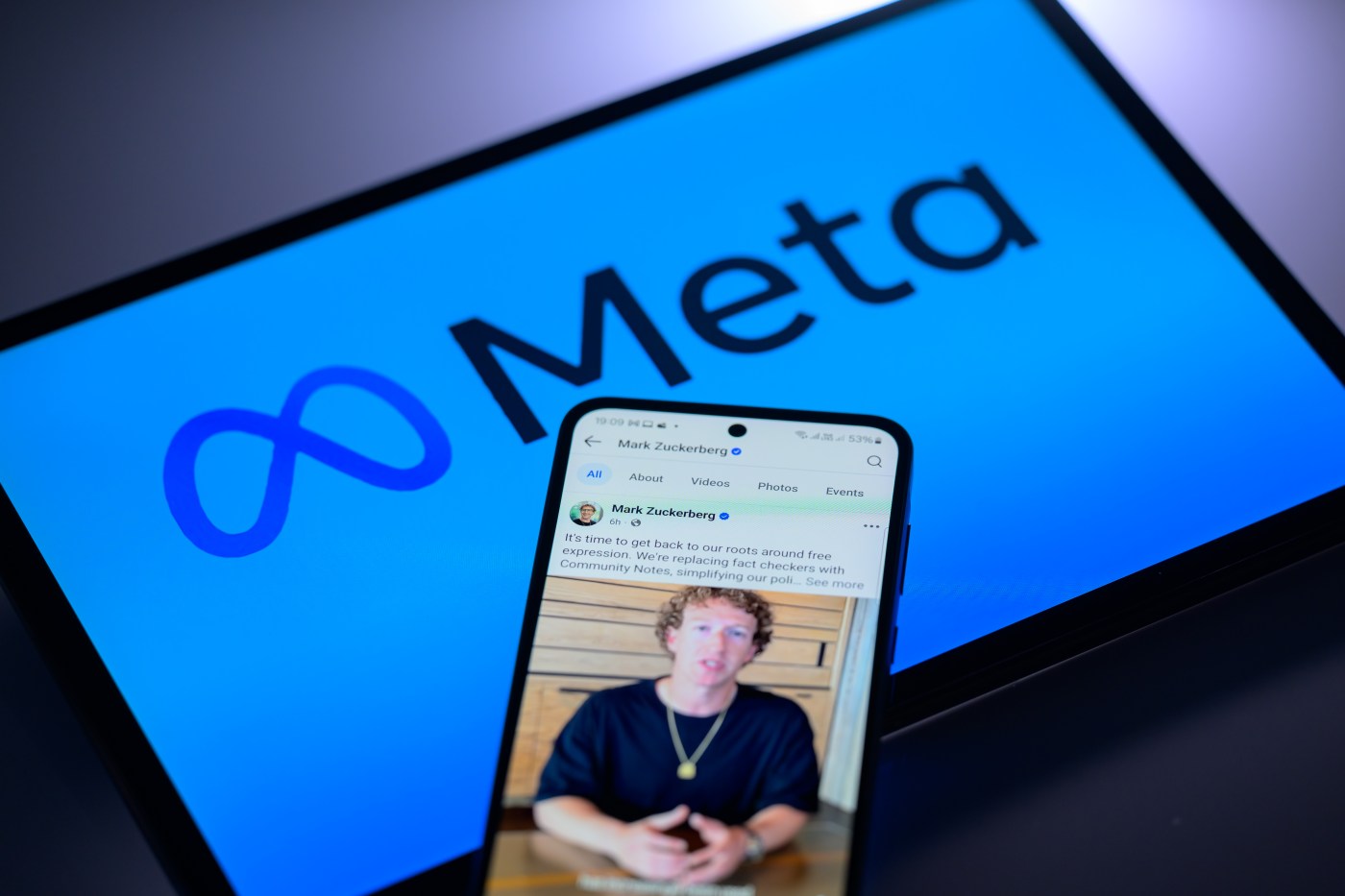

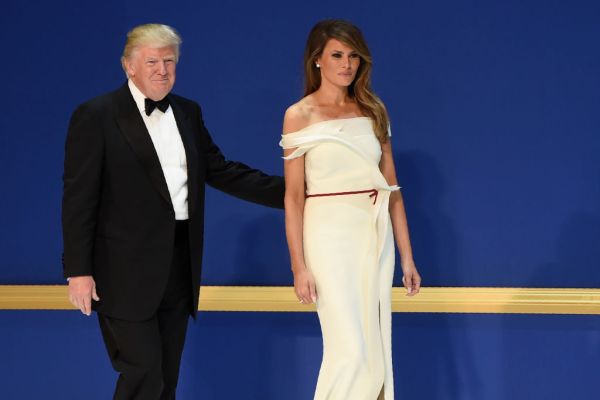
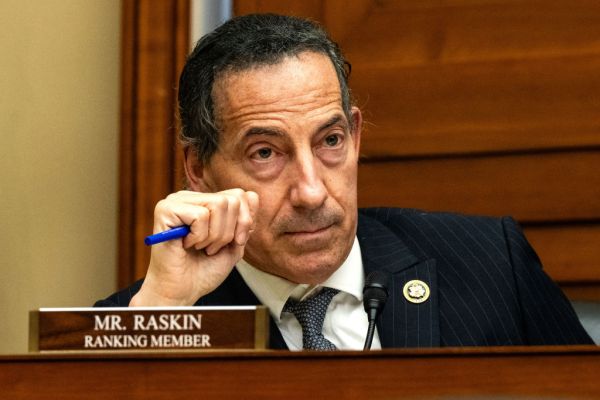
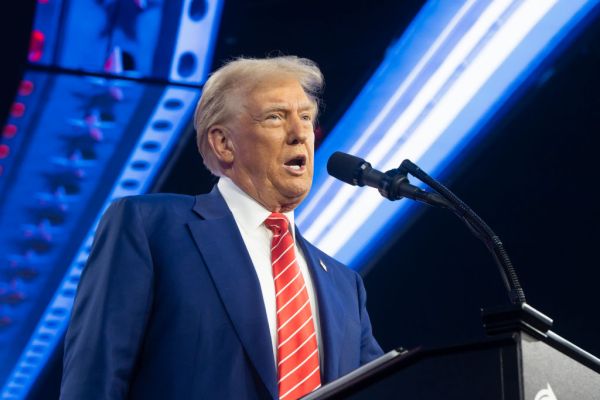

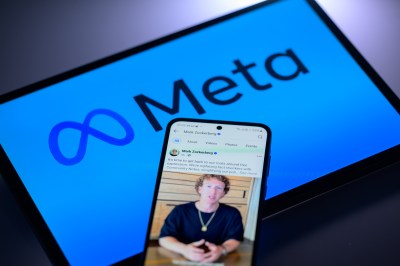
Please note that we at The Dispatch hold ourselves, our work, and our commenters to a higher standard than other places on the internet. We welcome comments that foster genuine debate or discussion—including comments critical of us or our work—but responses that include ad hominem attacks on fellow Dispatch members or are intended to stoke fear and anger may be moderated.
With your membership, you only have the ability to comment on The Morning Dispatch articles. Consider upgrading to join the conversation everywhere.